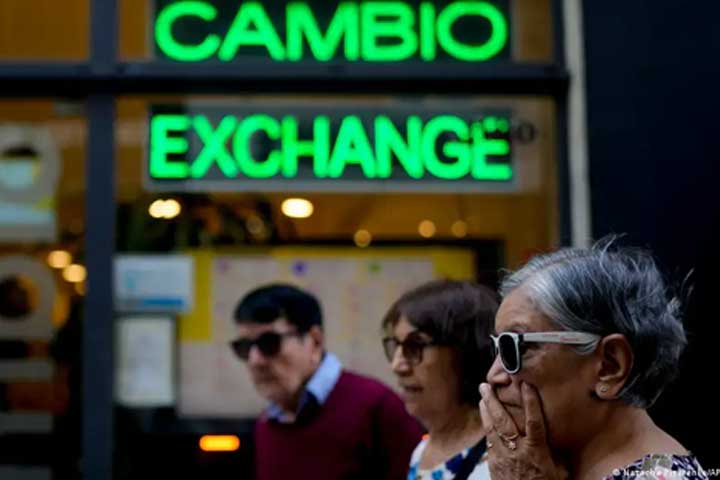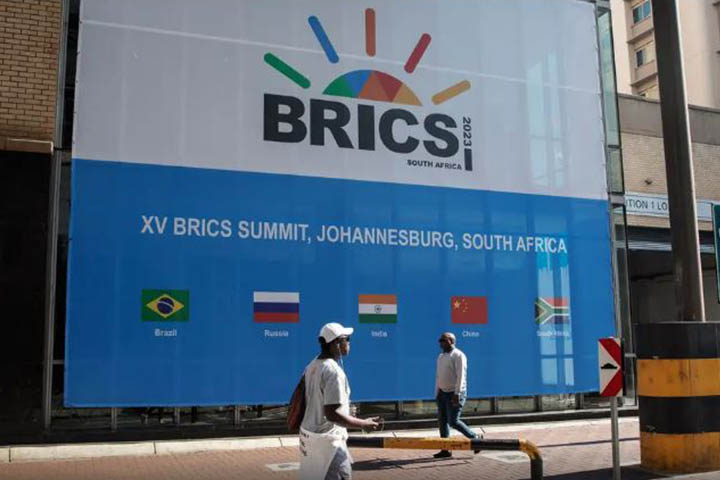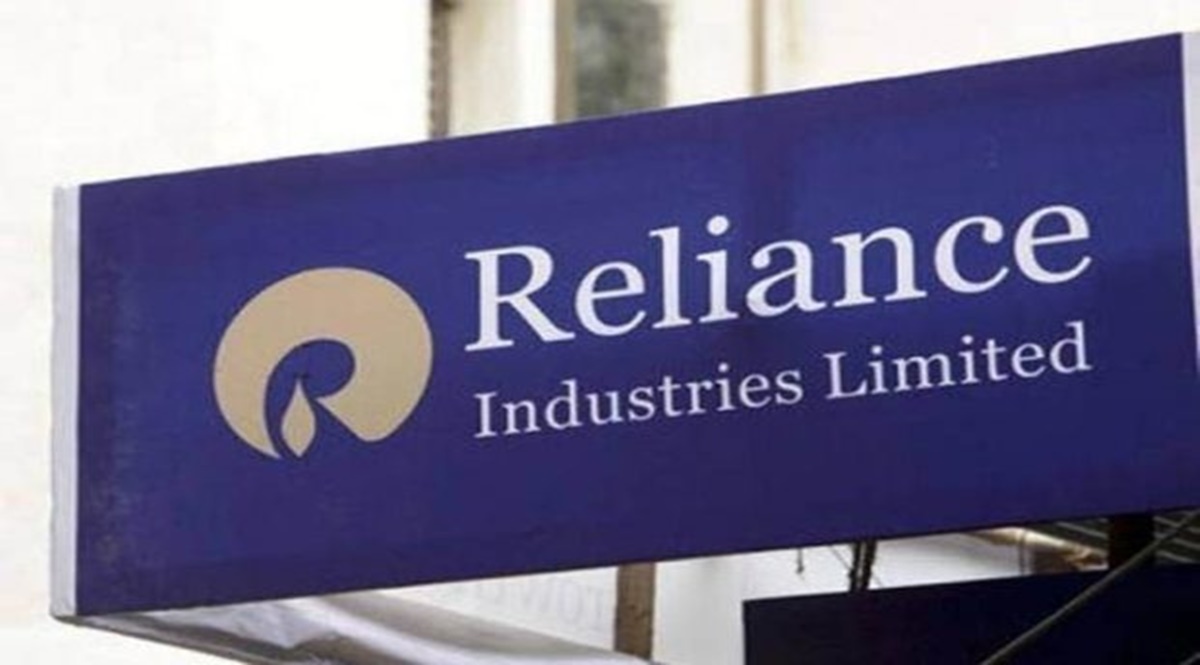
Truck falls into ditch in Sajek, 6 killed
13 Hour Ago

Paper Rhyme vocalist Saad is no more
17 Hour Ago

Slow internet, may suffer for a month
18 Hour Ago

High Court wants Rohingya voter list
19 Hour Ago

Sonia to receive PNS-Bipasha Guhathakurata award
19 Hour Ago

BCB announces preliminary squad for Zimbabwe T20s
23 Apr 2024,20:40

Several Journalist injured in FDC clash
23 Apr 2024,20:15

Dozens arrested as US campus protests over Gaza spread
23 Apr 2024,20:04

China's cross-border e-commerce trade up 9.6 pct in Q1
23 Apr 2024,18:57

Heatstroke, 4 instructions from Health Department
23 Apr 2024,17:51

Gold prices slashed by Tk 3,138 per bhori
23 Apr 2024,17:38

Ghana's cocoa farmers are losing out, despite record prices
23 Apr 2024,16:43

Sonia to receive PNS-Bipasha Guhathakurata award
19 Hour Ago

Slow internet, may suffer for a month
18 Hour Ago

Paper Rhyme vocalist Saad is no more
17 Hour Ago

High Court wants Rohingya voter list
19 Hour Ago

Truck falls into ditch in Sajek, 6 killed
13 Hour Ago

 Live Tv
Live Tv





